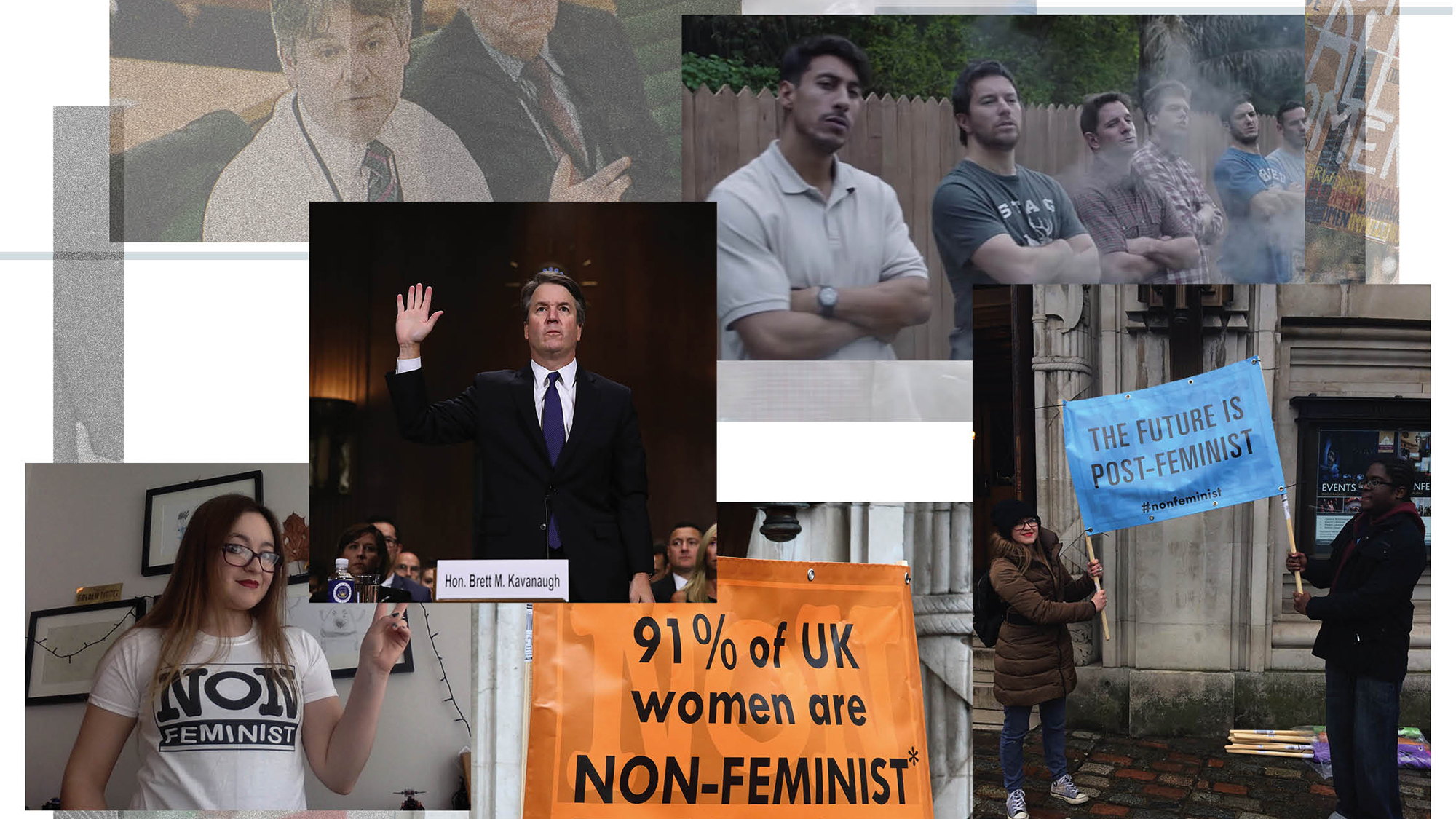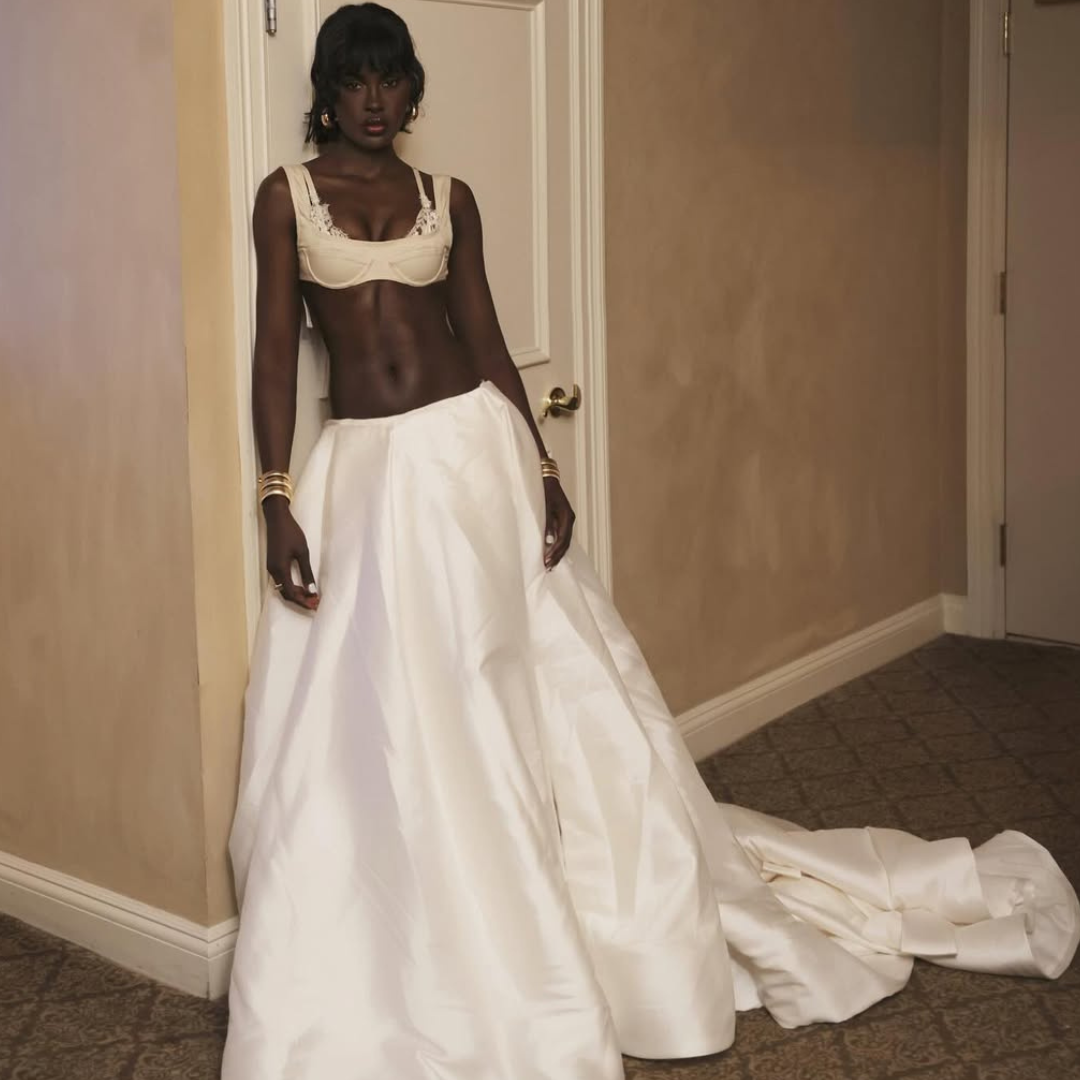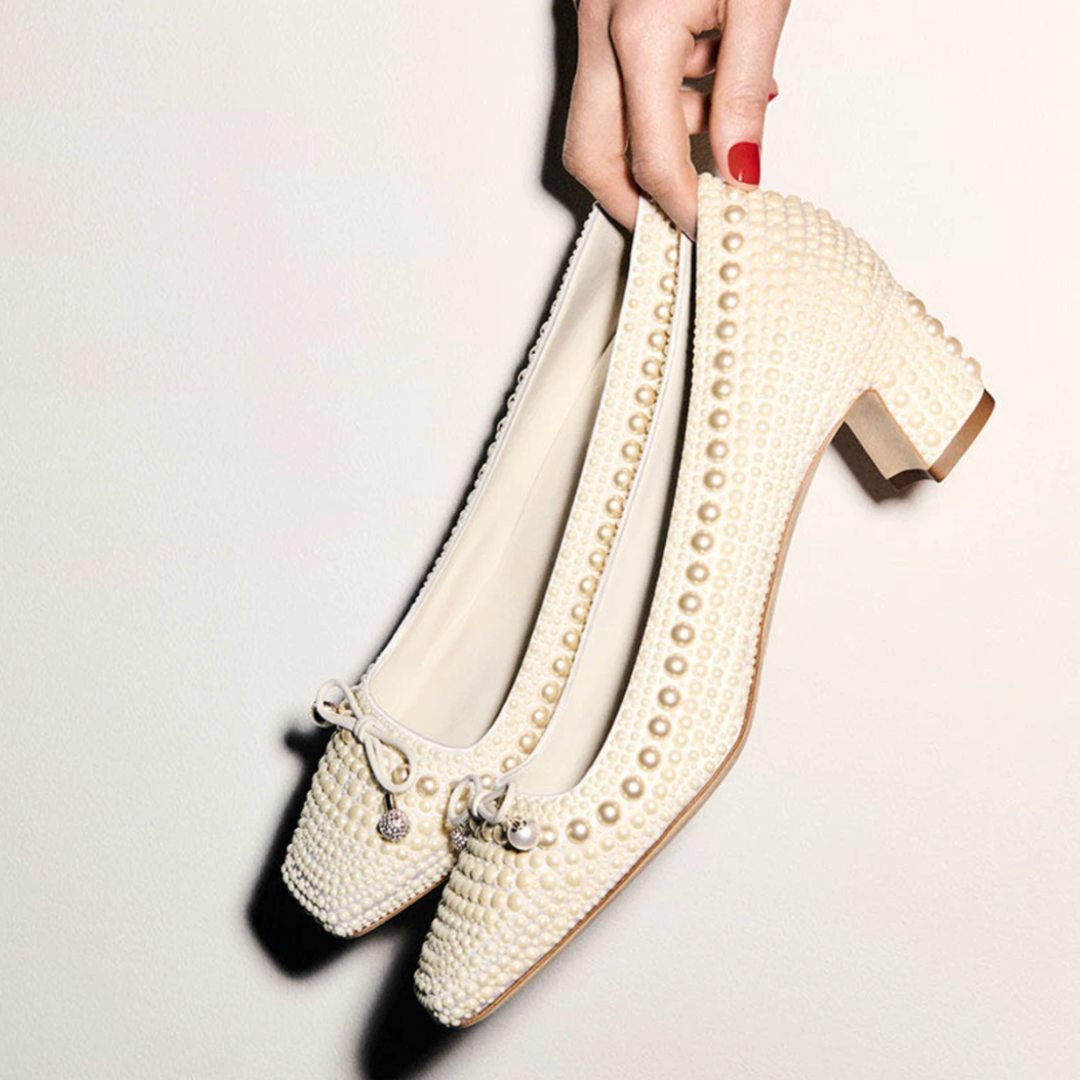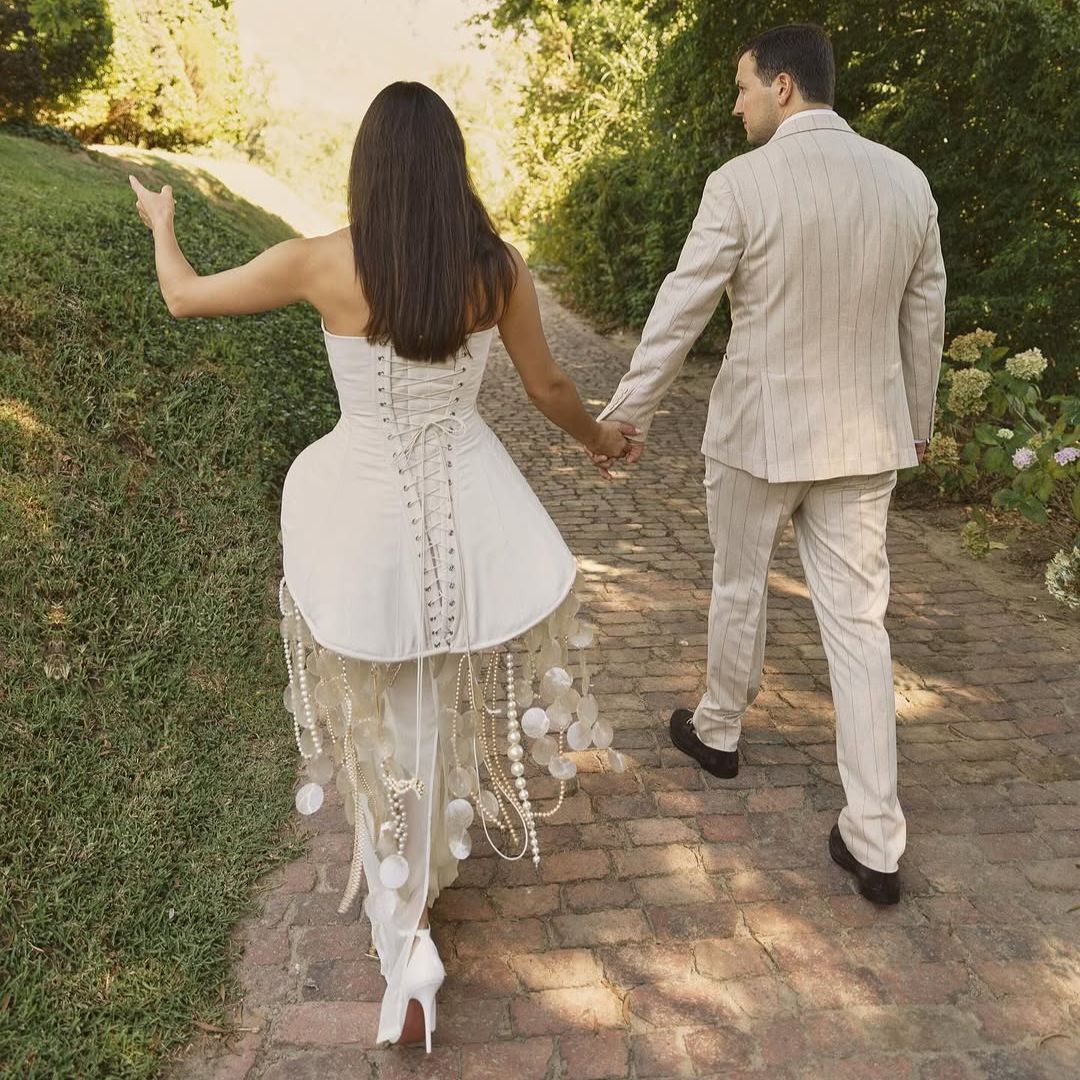Meet the women putting men’s rights first
In the wake of #MeToo, the men’s rights movement is pushing back, supported by women who believe feminism has caused a crisis of masculinity. Marisa Bate reports

In the wake of #MeToo, the men’s rights movement is pushing back, supported by women who believe feminism has caused a crisis of masculinity. Marisa Bate reports
Every now and then, an advert comes along that is so explosive it feels like a hurricane tearing through the cultural discourse. Opinions ricochet across the political spectrum and, in its wake, the damage is dissected by newspaper columnists, radio pundits and strangers fighting it out on Twitter. Gillette’s recent advert was precisely that.
When ‘We Believe: The Best Men Can Be’ dropped in January, it immediately went viral, clocking up 4 million views in less than 48 hours. Playing on its own strapline, the advert questions whether, after endless sexual misconduct allegations against men, this really is the best men can do. As it comes to a close, scenes of men laughing at women being sexually harassed and a line of dads shrugging ‘boys will be boys’ as they watch their sons brawl on the ground, are replaced with men intervening to stop the catcalling, fights and bullying; becoming role models for a new generation because ‘the boys watching today will be the men of tomorrow’.
Aside from the high-profile responses of provocateurs such as Piers Morgan, who swore never to buy Gillette products again, I found myself preoccupied by the responses of women online. Both those who identify as feminists and women whose views are very different to my own. ‘Should we perpetuate a narrative that masculinity is problematic?’ many questioned on Twitter threads and LinkedIn. One of those women was ‘men’s rights activist’ (or MRA) Elizabeth Hobson. ‘That advert was emblematic of the everyday misandry that passes for discourse in our societies,’ she tells me. ‘I thought it was sad that there isn’t more gratitude to men.’ And so began my insight into the world of female MRAs or ‘Honey Badgers’ as they are known. For many, the Gillette advert displayed the anti-men narrative they believe is endemic. ‘If you are going to say there is one set that is more disadvantaged and discriminated against in our society, you have to say it is men and boys,’ she tells me. This is one of many times that Hobson’s words forced my jaw to drop. But that’s the point. It’s not hard to see how she’s become a spokesperson for the movement.
A mother to two sons, 30-year-old Hobson is communications director for a men’s rights registered political party founded by Mike Buchanan called Justice for Men and Boys (J4MB). On its website, features include the fairly ridiculous ‘whiny feminist of the month’, which targets high-profile feminist voices such as Laura Bates, to the wildly irresponsible ‘13 reasons women lie about rape’. (The Crown Prosecution Service estimates that false claims make up around three to four per cent of all rape allegations.)
‘If there is one set more discriminated against in society, it has to be men and boys’
The movement started in America in the 60s as a reaction to women’s liberation and the rise of the second wave by figures such as Warren Farrell, who is considered the intellectual father of the movement. Today, in the US, Paul Elam, heads up A Voice for Men, the country’s unofficial leading group of the ‘manosphere’ online. Navigating these platforms, it’s hard for me to see anything other than blistering misogyny with a heavy leaning to the alt-right community. But for the female MRAs I speak to, that’s not what it’s about. Instead, they say, it is about ‘equality’.
A few years ago, Hobson started a Facebook page called Ladies 4 Philip Davies – Davies is a Conservative MP for Shipley and political face of the men’s movement in the UK – as a ‘response to the fact that mainstream media harks on that he’s a misogynist. He’s only ever wanted men and women to be equal.’ Yet, Davies’ crusade for so-called equality often comes at the potentially fatal price of blocking legislation for female victims of violence. He filibustered a domestic violence bill because of its emphasis on women, sought to block a bill that tried to end the use of the phrase ‘honour killing’, and opposed a bill to make sex education compulsory – all in the name of ‘male equality’. To me, Davies’ political career seems less focused on men and more borderline obsessed with eroding the rights of vulnerable women.
Marie Claire Newsletter
Celebrity news, beauty, fashion advice, and fascinating features, delivered straight to your inbox!
Alongside domestic violence and the criminal justice system, another key issue of the men’s rights movement is what Hobson terms ‘MGM’ (male genital mutilation or circumcision). ‘It’s accepted that FGM is wrong and girls should have bodily autonomy, and yet people seem confused about it when it comes to the circumcision of boys. I think it’s incredibly sad and quite disturbing.’
For MRA Lisa Chamberlain, it was watching her partner become an ‘alienated’ parent to his three children from his former marriage that led her to supporting the movement. ‘From the moment you apply at family court, mothers and fathers are treated differently and men are assumed to be the lesser parent,’ she says. ‘Men are automatically on the back foot. To me, that is not equality.’ It’s worth stating that this isn’t strictly the case. Following divorce, mothers are automatically given parental rights, whereas fathers are only afforded the same rights if they were married to the mother when she gave birth to the child, or is listed on the birth certificate.
However, in 2014, the Children and Family Act was amended to state that there is a presumption (unless the contrary is shown) that the involvement of both parents in a child’s life after separation will further the child’s welfare. Chamberlain’s other key subject is domestic violence. ‘Having been a victim of domestic violence myself, it wasn’t until I started running the Facebook group (Dads Deserve Equality/Equal Rights For Dads) that I realised men could be victims as well. The media’s narrative suggests that it is something that happens to women,’ she says. ‘When you look at the ONS findings, one in three victims are men. We don’t want to take anything away from women, but we want more for men, too.’
‘A lot of energy in the men’s rights movement is used to attack feminism’
For 49-year-old Rachel Smith* it was the Brett Kavanaugh hearings last September that cemented her support for the movement. Kavanaugh was President Trump’s nominee for the Supreme Court. As his hearings began, Dr Christine Blasey Ford alleged he had sexually assaulted her when they were at college. ‘The #MeToo movement wanted to believe [Dr] Blasey Ford just because she was a woman. I’ve got a son who is 16 and it worried me that he could have a girl accuse him of something that hadn’t happened, but just because she’s a woman, she would be believed,’ says Smith. I mention that Kavanaugh was appointed anyway; Dr Blasey Ford wasn’t believed. ‘But why didn’t she come forward 30 years ago? Where was the evidence?’ she asks.
Like many MRAs, Smith regards the Kavanaugh hearings as an attack on men more widely. ‘Suddenly men are this thing, this cancer, to be cut out and got rid of.’ This, she believes, along with the recent revival of feminism, has led to the emasculation of men. ‘Today, men are so scared to say anything that could be construed as putting a woman down that they daren’t even open a door for a woman,’ she says. ‘They’re scared to be masculine, they’re scared to be chivalrous. They’ve lost their definition of what it is to be a man.’
There are moments in my conversations where I feel like I’ve entered a parallel universe, where as a feminist everything I know to be true is the reverse. Chamberlain says people are more likely to listen to her because she is a woman. She says, ‘Men get shut down on the internet. Nobody listens!’
I was also surprised that none of the women mentioned the alarming suicide rates among men, which is the biggest killer of males under 45 in the UK. Instead, a lot of the focus is on the behaviours of women, the ‘oppressor’. Dr Ana Jordan, a senior lecturer at University of Lincoln who studies gender politics and feminist theory with a particular focus on the men’s rights movement says, ‘A lot of their energy is used to attack feminism.’ Dr Jordan also suggests the rise of these groups come after social, economic and gender changes force a ‘crisis of masculinity,’ a phenomenon that some believe dates back to the French Revolution. In response, some men double down, insisting we ‘let men be men’. In turn, feminists pose a threat. But why would a woman support them? ‘There’s a “patriarchal bargain”, these women are afforded privileges that normally come with being a man, such as access to power and authority,’ says Dr Jordan. ‘What they say might seem extreme, but they are tapping into real currents that run through society and reinforcing them.’
Talking to MRAs, I can only conclude their mission is twofold: to restore men to a position of absolute privilege in a time when social change threatens the ‘natural’ order of things, and to undermine and silence the women who speak out against injustices against them. Chamberlain told me she wanted more for both men and women. Yet, for other groups, like J4BM, it seems that the ‘advancement of men’ is only successful if it comes at the cost of women.
The fact is that some men today do feel threatened by women’s advancement. Yet to turn those feelings into a thinly veiled campaign to silence and undermine women’s struggle is a pitiful and dangerous response from those men and a deeply troubling one from women – not least when you consider the irony that to be a working mother who can rise to the top of a political party is, in many ways, only possible because of the feminist movement.
*Name has been changed
The leading destination for fashion, beauty, shopping and finger-on-the-pulse views on the latest issues. Marie Claire's travel content helps you delight in discovering new destinations around the globe, offering a unique – and sometimes unchartered – travel experience. From new hotel openings to the destinations tipped to take over our travel calendars, this iconic name has it covered.
-
 The 5 wedding dress trends every modern bride needs to know
The 5 wedding dress trends every modern bride needs to knowThe experts have spoken
By Lauren Cunningham
-
 These are the best wedding shoes you'll want to walk down the aisle in
These are the best wedding shoes you'll want to walk down the aisle inSomething new, something blue
By Lauren Cunningham
-
 The best wedding dresses for every bridal style and budget
The best wedding dresses for every bridal style and budgetThese are the standout gowns of 2025
By Lauren Cunningham